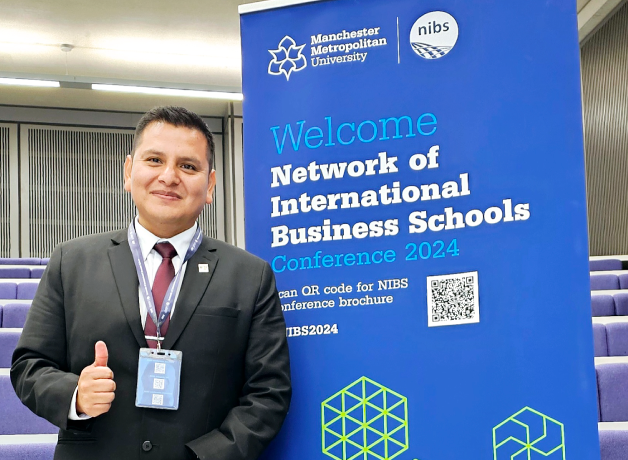A new Thomson Reuters report is due to be published: The Professional Future. It is based on a survey of 1,200 professionals working in the legal, tax and accounting, foreign trade, risk management and compliance fields.
All are based in the United States and Canada, Latin America and the United Kingdom. The aim of this survey is to better understand how the macro trends affecting their business mesh with their talent, clients and environment.
These professionals identify Artificial Intelligence (AI), technology, and automation as the fundamental factors expected to have the most impact on their respective industries in the next five years.
The report provides data specific to Latin America (Brazil, Argentina and the surrounding region) and shows the differences in the perceptions of professionals in Latin America compared to their counterparts in the United States, Canada and the United Kingdom. From a regional perspective, the most salient survey findings are:
Pragmatically optimistic: Latin American professionals expect change and are more open to change than their North American and UK counterparts, but are also realistic about the new skills and mindset needed to embrace it. Nearly one in three people equates AI with winning the lottery (three to five times more than other regions). More than half of professionals in Latin America predict that AI will be transformative. The lack of technological skills is considered the biggest obstacle to moving towards change in Latin America.
Business Perspective: Latin Americans are highly focused on the business goals of their organization and/or their customers and see the potential for AI to help, and have higher expectations of increasing productivity and efficiency through the integration of AI into the workplace. The impact on services provided to customers is expected to occur over the next 18 months.
Data security and ethics: When asked, issues of data security and ethics are the biggest fears among Latin American professionals regarding the rise of AI.
ESG and Goals: Latin Americans will likely value ESG engagement as very important and expect high transformational impact from an increased focus on ESG issues and goals over the next five years.
Talent: Real transformation will occur in talent, with a positive impact on recruitment, training, careers and well-being. The need for steep learning curves and adaptation to new ways of working are challenges that professionals in the region foresee.

“Entrepreneur. Internet fanatic. Certified zombie scholar. Friendly troublemaker. Bacon expert.”






